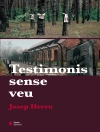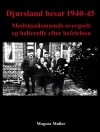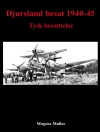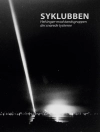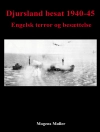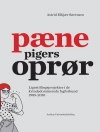This book aims to extend existing historical, literary and media knowledge of neglected written voices as a form of print participation in the Second World War. Uniquely, it is framed by an awareness of contemporary requirements for both secrecy and deception, which, it is argued, were nevertheless characterised by a rare participatory inclusivity in terms of writers and audiences – that has hitherto only been perceived as a characteristic of ‘citizen’s journalism’ in the internet age. Comparative cases of resistance using newspapers during the Second World War comprise original and clandestine sources from France, Belgium, the Netherlands, Norway, and Britain – analysed for the effect that intelligence and planned deception had on local publications as well as on readers of resistance broadsheets.
Tabela de Conteúdo
1. Introduction – Neglected and hidden voices: Definitions, scope, issues and approach.- 2. Intelligence and the Norwegian experience: Deception and participation as framing.- 3. Local newspapers and the Kent experience: The impact of deception on communities and professional journalism.- 4. French resistance writing and D-Day.- 5. Challenging perceptions of cultural heritage: The implications for future scholarship.
Sobre o autor
Jane L. Chapman is Professor Emeritus of Media History at the University of Lincoln, UK.


